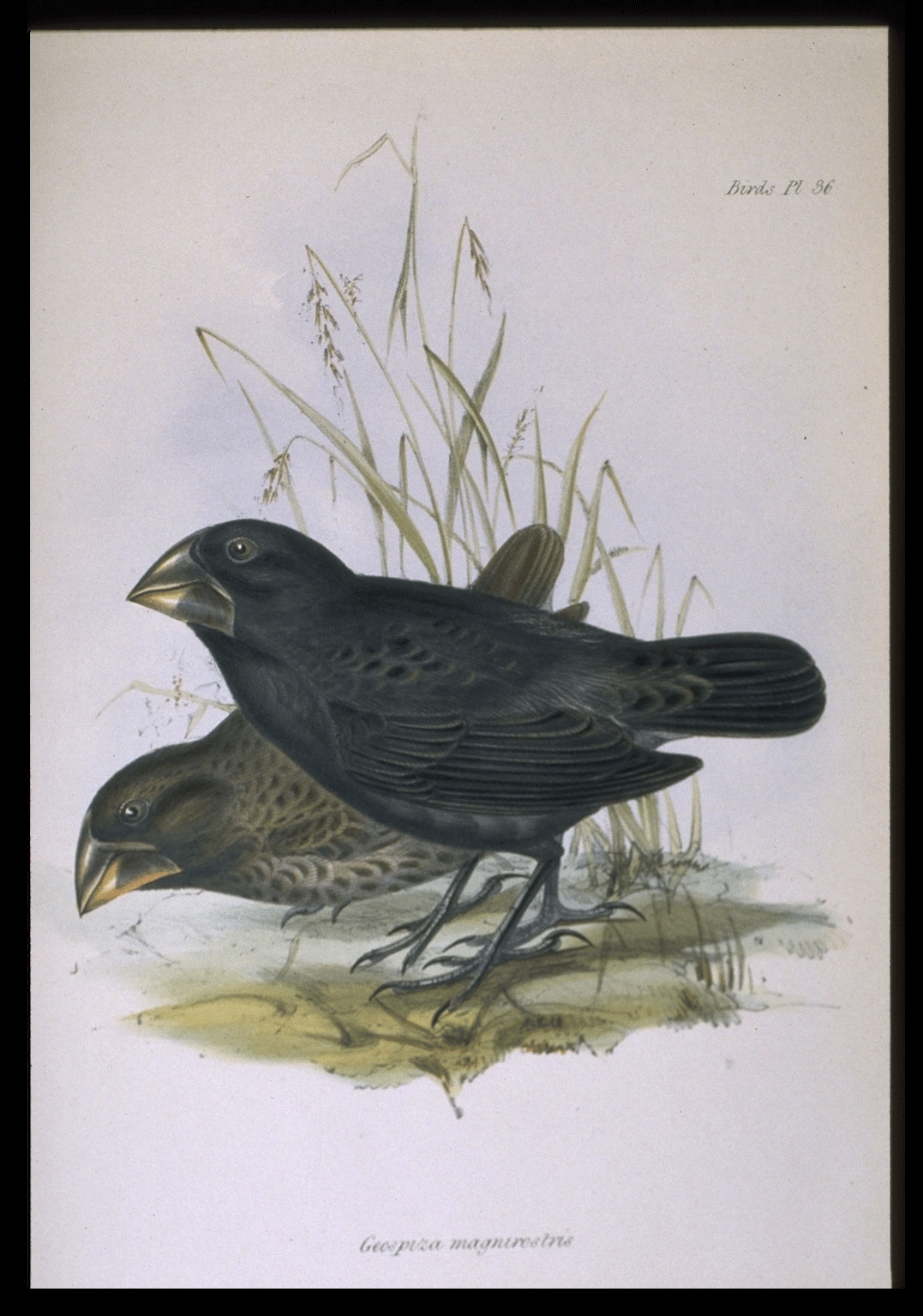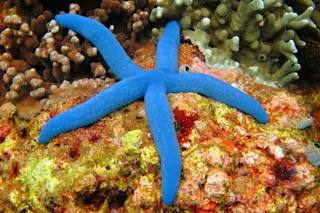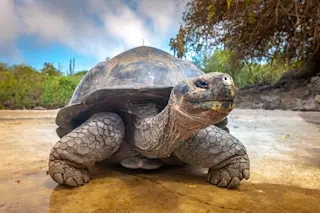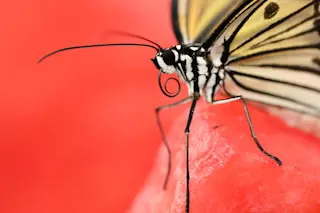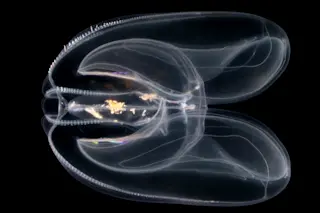Evolution works on different scales. In a single day, HIV's genetic code changes as it adapts to our ever-adapting immune system. Over the course of decades, the virus can make a successful leap from one species to another (from chimpanzees to humans, for example). Over a few thousand years, humans have adapted to agriculture--an adult tolerance to the lactose in milk, for example. Over a couple million years, the brains of our hominid ancestors have nearly doubled. Sometimes scientists distinguish between these scales by calling small-scale change microevolution and large-scale change macroevolution. Creationists have seized on these terms and used them to build one of their central canards: that they accept microevolution but can then reject macroevolution. That's a bit like accepting microeconomics--how households and firms make decisions and interact in markets--but then denying macroeconomics--how entire societies produce goods, how inflation rises and falls, and so on. Evolutionary biologists debate ...
Deep Time In a Bird’s Beak
Discover how Darwin's finches evolution showcases micro and macroevolution in the Galapagos Islands through unique beak adaptations.
More on Discover
Stay Curious
SubscribeTo The Magazine
Save up to 40% off the cover price when you subscribe to Discover magazine.
Subscribe

